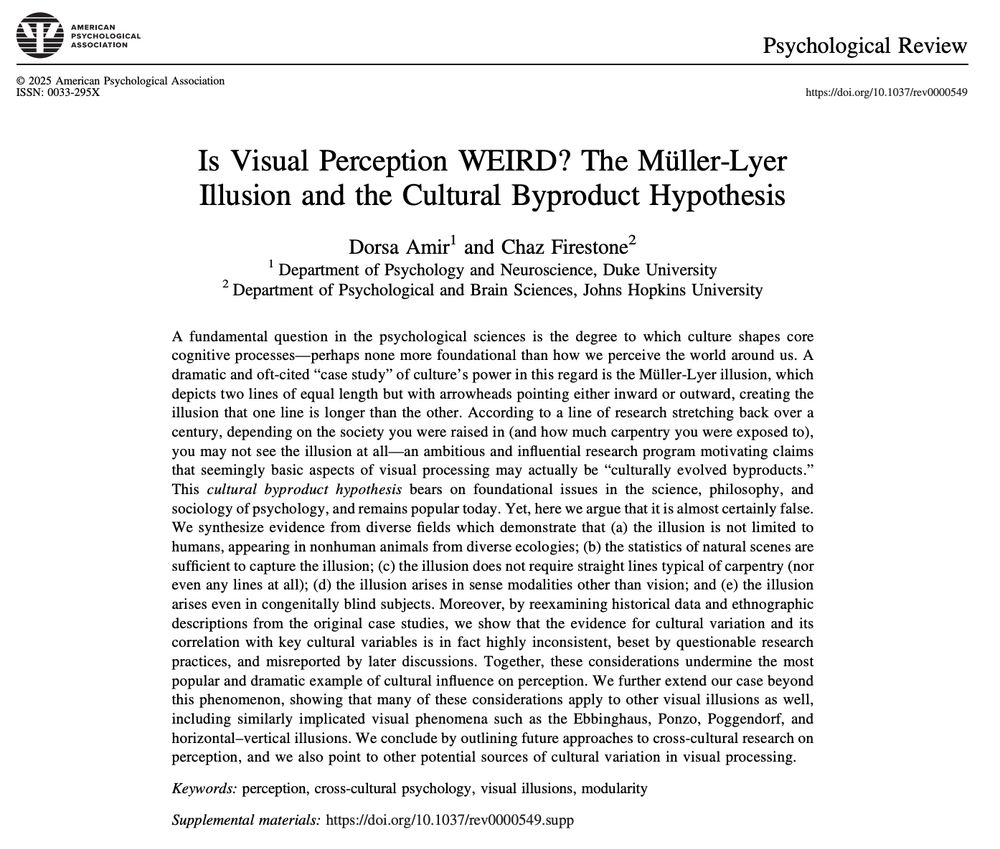David G. Kamper
@dgkamper.bsky.social
240 followers
590 following
13 posts
PhD @UCLA | exp. jurisprudence, intellectual property, cog neuro, creativity, ethics | NSF GRFP | @Umich/@Umichsmtd alum (Go Grue!) - postbacc @BrownUniversity
dgkamper.github.io
Posts
Media
Videos
Starter Packs
Reposted by David G. Kamper
Reposted by David G. Kamper
Reposted by David G. Kamper
Vanessa Cheung
@vanessachg.bsky.social
· Aug 12
Reposted by David G. Kamper
Reposted by David G. Kamper
David G. Kamper
@dgkamper.bsky.social
· May 14
David G. Kamper
@dgkamper.bsky.social
· May 14
David G. Kamper
@dgkamper.bsky.social
· May 14
David G. Kamper
@dgkamper.bsky.social
· May 14
David G. Kamper
@dgkamper.bsky.social
· May 14
David G. Kamper
@dgkamper.bsky.social
· May 14
David G. Kamper
@dgkamper.bsky.social
· May 14
David G. Kamper
@dgkamper.bsky.social
· Apr 30
Is AI-assisted Creativity an “Original Sin”?: Lay Judgments of Qualities Justifying Copyright Protection for Artworks Derived from AI- vs. Human-generated Sources
This repository contains materials for the Cognitive Science Proceeding 2025 “Lay Copyrightability of Artificial Intelligence Assisted Visual Artwork”
dgk-law-and-cognition-lab.github.io
David G. Kamper
@dgkamper.bsky.social
· Apr 30
David G. Kamper
@dgkamper.bsky.social
· Apr 30
Reposted by David G. Kamper
Brian Flanagan
@lawstuff.bsky.social
· Nov 18
Reposted by David G. Kamper
Reposted by David G. Kamper
Yarrow Dunham
@yarrowdunham.bsky.social
· Sep 29








